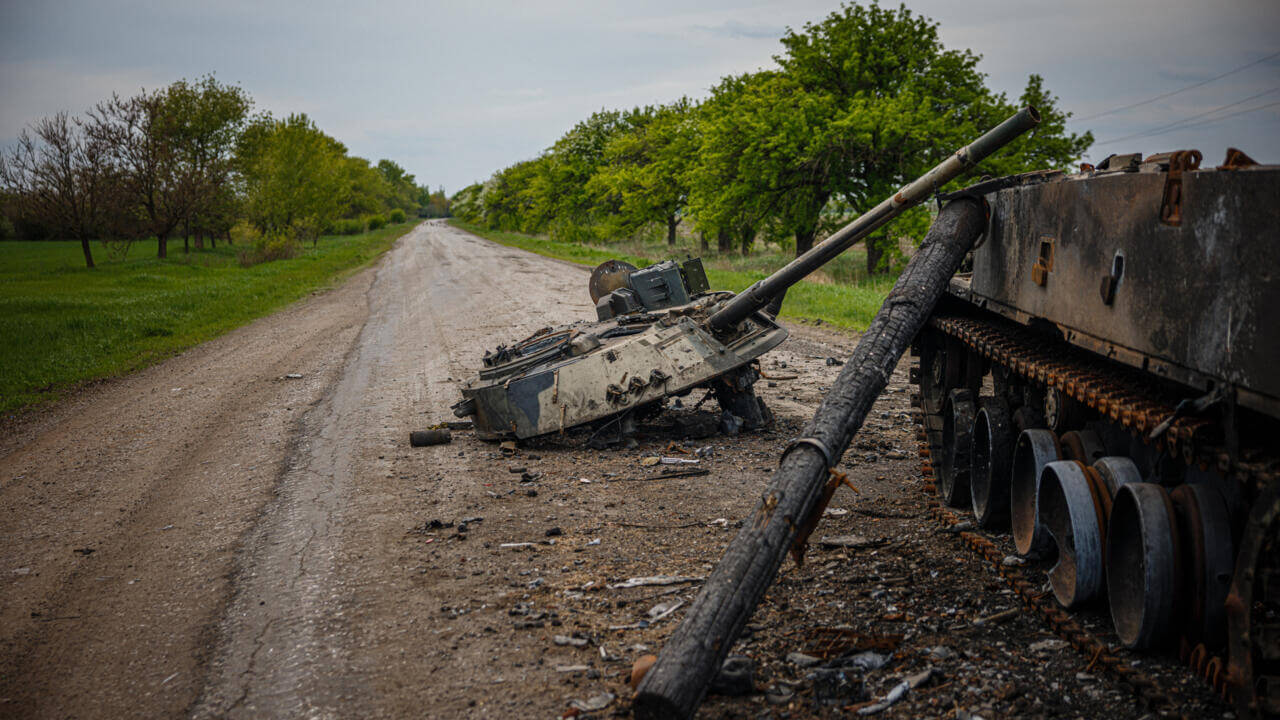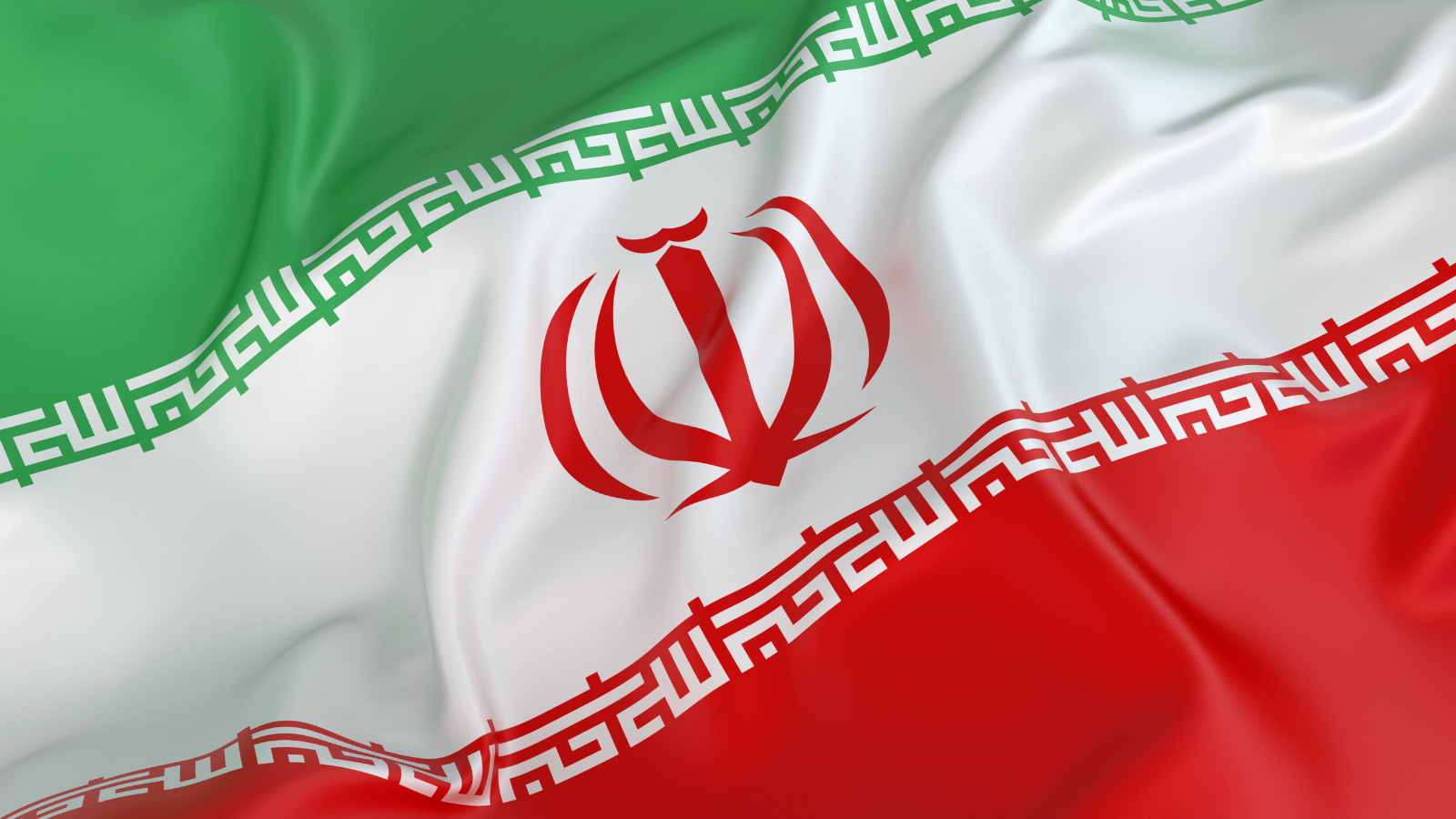When the Russia-Ukraine war began in 2022, many analysts sought immediate causes and focused on failed diplomacy. Yet the roots of the Russia–Ukraine war run deeper. They lie not only in contested territory or alliance politics, but in the overlap of Ukraine’s aspiration to rise, Russia’s fear of displacement, and the West’s encouragement without protection.
The concept of the Thucydides Trap, a classic idea, may be helpful in understanding this tragedy. Though typically applied to the power transition between great states, this framework can be reinterpreted to make sense of Ukraine’s position, where a smaller state whose desire for transformation triggered the defensive reflexes of a declining hegemon.
The Thucydides Trap, proposed by historian Graham Allison and inspired by the Peloponnesian War, posits that when a rising power threatens to displace a dominant one, fear makes war more likely (as seen in the case between Athens and Sparta). Most often, this perspective is applied to today’s U.S.–China rivalry. But in the Ukraine conflict, the model can be inverted.
Ukraine was not rising in traditional military or economic terms. It was attempting a civilisational ascent—shifting westward politically, economically, and ideologically after the Orange Revolution and the Euromaidan protests. This pivot directly challenged Russia’s claim to a post-Soviet sphere of influence and posed a strategic and psychological threat to the Kremlin’s long-held vision of Eurasian integration.
From Russia’s perspective, Ukraine’s intention to drift toward NATO and the EU represented a loss of strategic depth, cultural affinity, and great power status. The Western orientation of a Slavic nation was not only geopolitically inconvenient but was also existentially threatening.
Ukraine’s Western drift did not emerge in a vacuum. It was consistently encouraged by Western powers through political, economic, and civil society channels. At the 2008 NATO Bucharest Summit, for instance, the alliance declared that “Ukraine and Georgia will become members of NATO”. While no timeline or roadmap was provided, the statement sent a powerful signal to Ukrainians that the door was open, and to Moscow that its red lines were being ignored.
Furthermore, the EU pursued deeper engagement with Kyiv through association agreements, trade access, and visa liberalisation. Western NGOs supported democratic reforms and civil society. These moves, while not intended as hostile, increased Russian paranoia and reinforced the perception of a zero-sum game being played on Russia’s doorstep.
In spite of the encouragement, however, the West maintained a policy of strategic ambiguity. Ukraine was neither granted NATO membership nor offered explicit security guarantees. After the 2014 annexation of Crimea, the U.S. and EU imposed sanctions on Russia and provided military aid to Ukraine but that aid was not supported by formal defense commitment. The gap between encouragement and protection created a strategic gap: Ukraine believed it was under Western guarantee, while Russia feared it was slipping away, and the West remained unsure how far it was willing to go.
Munich Security Conference in 2007 was a serious forewarning
The tension between Ukraine’s aspirations and Russia’s anxieties did not emerge suddenly in 2014 or 2022. It was clearly signalled by Vladimir Putin in his now-famous 2007 speech at the Munich Security Conference.
In that address, Putin rejected the unipolar world order, criticized NATO enlargement, and warned that the West was crossing red lines by expanding its military and political footprint toward Russia’s borders. His words were not vague diplomacy, they were a steadfast manifesto of grievance and a soft warning of confrontation. He explicitly named Ukraine and Georgia as flashpoints.
This speech, largely dismissed in Western capitals at the time, now reads as a declaration of geopolitical insecurity and an articulation of the fear that Thucydides identified as a cause of war. It was a clear signal that Ukraine’s Western pivot would not go unchallenged, especially if the West remained unwilling to defend its own normative commitments with hard power.
It would certainly be simplistic to suggest that Ukraine engineered its own entrapment. Instead, one could suggest that the crisis arose from the interplay of the following dynamics:
· Ukraine’s legitimate desire for sovereignty, security, and Western integration;
· Russia’s sense of encirclement, humiliation, and loss of regional control;
· The West’s support for Ukraine’s aspirations, without the resolve to guarantee them.
This in fact is the true essence of the Thucydides Trap; not just a rising and falling power clashing, but a broader system of misperceptions, unmet expectations, and strategic signalling gone awry.
The war in Ukraine may be framed in moral, legal, and historical terms but it also demands strategic reflection. We must recognize how even peaceful aspirations, when encouraged without protection, can produce aggressive reactions from threatened powers. Ukraine’s tragedy lies in its attempt to rise through alignment and reform, but it met with a war not only born of imperial ambition, but of status fear, symbolic challenge, and Western miscalculation.
Thucydides warned that it was the rise of one power and the fear it instilled in another that made war inevitable. The West, by encouraging that rise and ignoring the fear, became not the instigator of war but an architect of the conditions that made it more likely.
Understanding this should not be seen as justifying Russia’s aggression. Nevertheless, if we fail to see how we helped build the trap, we risk stepping into it again—elsewhere, and with even higher stakes.








